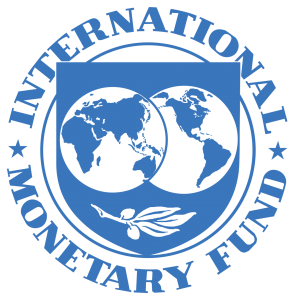The International Monetary Fund (IMF) has called on policy makers across the world to urgently tackle financial vulnerabilities that could exacerbate the next economic downturn.
According to the IMF, an economic downturn is imminent and policymakers should be proactive with their policy pronouncements to cushion the effect.
The IMF, in its October 2019 Global Financial Stability Report, identified rising corporate debt burden, increasing holdings of riskier and more liquid assets by institutional investors and greater reliance on the external borrowing by emerging and frontier market economies as key vulnerabilities in the global financial system.
It urged policymakers to address corporate vulnerabilities with stricter supervisory and macroprudential oversight; tackle risks among institutional investors through strengthened oversight and disclosures and implement prudent sovereign debt management practices and frameworks.
On rising corporate debt burdens, the report states “Stringent supervision of bank credit risk assessment and lending practices should be maintained. Efforts should be made to increase disclosure and transparency in nonbank finance markets to enable a more comprehensive assessment of risks.
“In economies where overall corporate sector debt is deemed to be systemically high, in addition to sector-specific prudential tools for banks, policymakers may consider developing prudential tools for highly leveraged firms.”
According to IMF, reducing the bias in tax systems that favors debt over equity financing would also help reduce incentives for excessive borrowing.
In respect of increasing holdings of riskier and more illiquid securities by institutional investors, it said oversight of nonbank financial entities should be strengthened.
“Vulnerabilities among institutional investors can be addressed through appropriate incentives (for example, to reduce the offering of guaranteed return products), minimum solvency and liquidity standards, and enhanced disclosure.”
The IMF also urged that indebted emerging market and frontier economies should mitigate debt sustainability risks through prudent debt management practices and strong debt management frameworks in order to reduce increased reliance on external borrowing by emerging and frontier market economies.
IMF observed that global policy coordination remains critical, adding that there is a need to resolve trade tensions, as discussed in the April 2019 World Economic Outlook.
It added that policymakers should also complete and fully implement the global regulatory reform agenda, ensuring that there is no rollback of regulatory standards.
“Continued international coordination and collaboration is also needed to ensure a smooth transition from LIBOR to new reference rates for a wide range of financial contracts around the world by the end of 2021,” the report stated.









